Kurabo
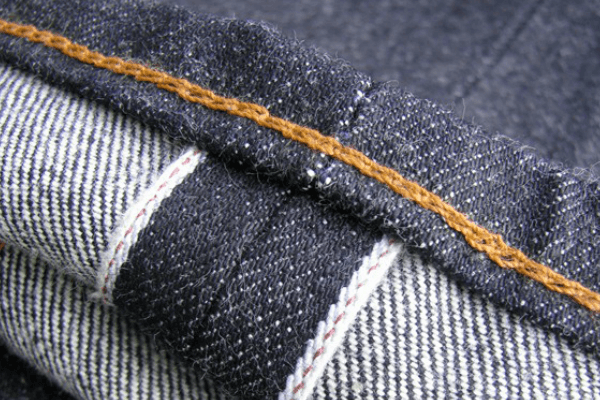
The Japanese Emperor
Kurabo has been supplying “Kurabo Denim” to leading brands worldwide for nearly half a century. In fact, Kurabo was the first company to manufacture denim in Japan. This represents a huge added value in today’s diverse and competitive denim world.
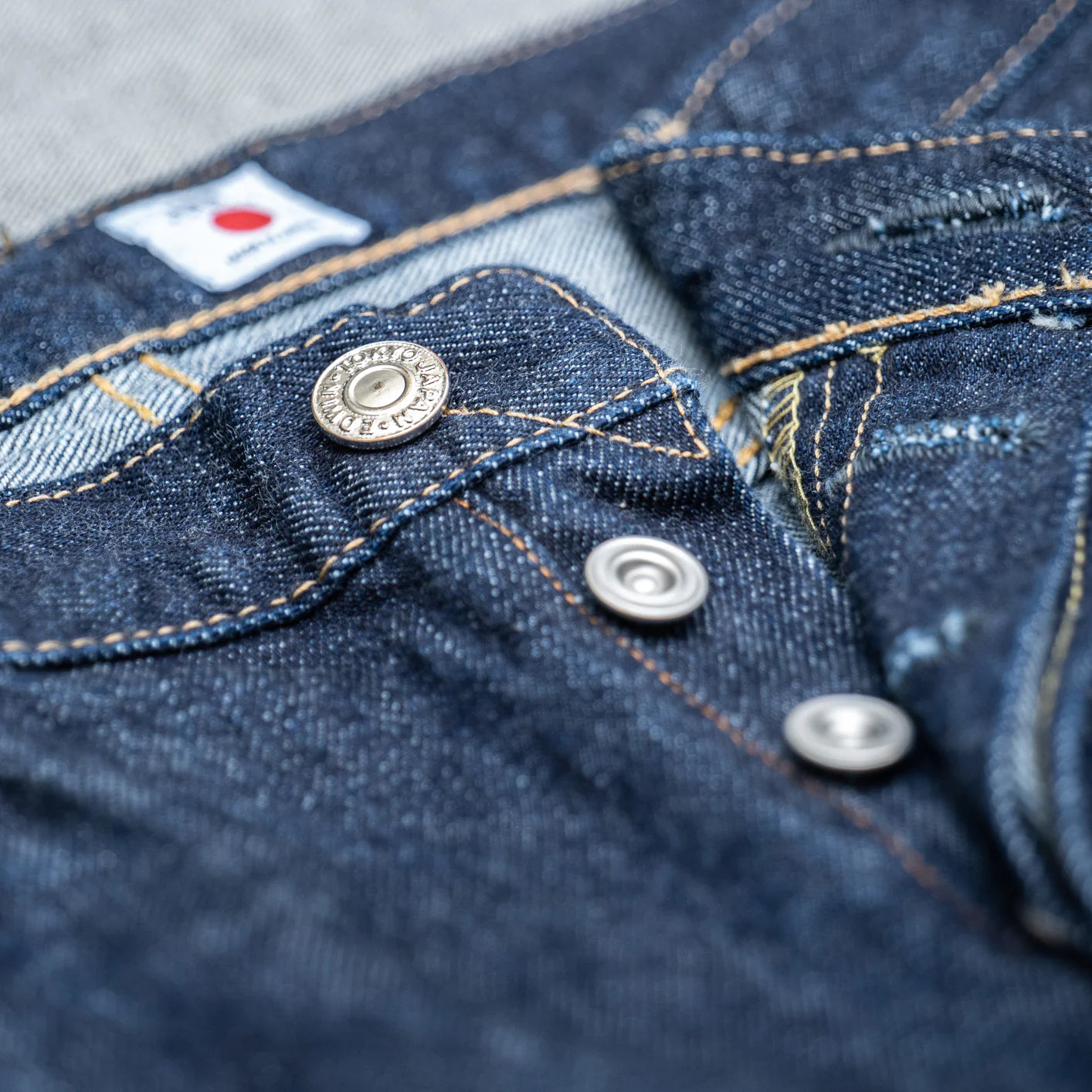
Kurabo Standard
Kurabo has built quality into its production systems: carefully managing quality control across supply chains, from raw material sourcing to manufacturing. All Kurabo Group production sites apply strict “Kurabo Standard” quality management. Whether in Japan or anywhere else in the world, Japanese engineers effectively share technology and oversee quality according to the “Kurabo Standard,” ensuring that every product carries the hallmark of “Made by Kurabo.”
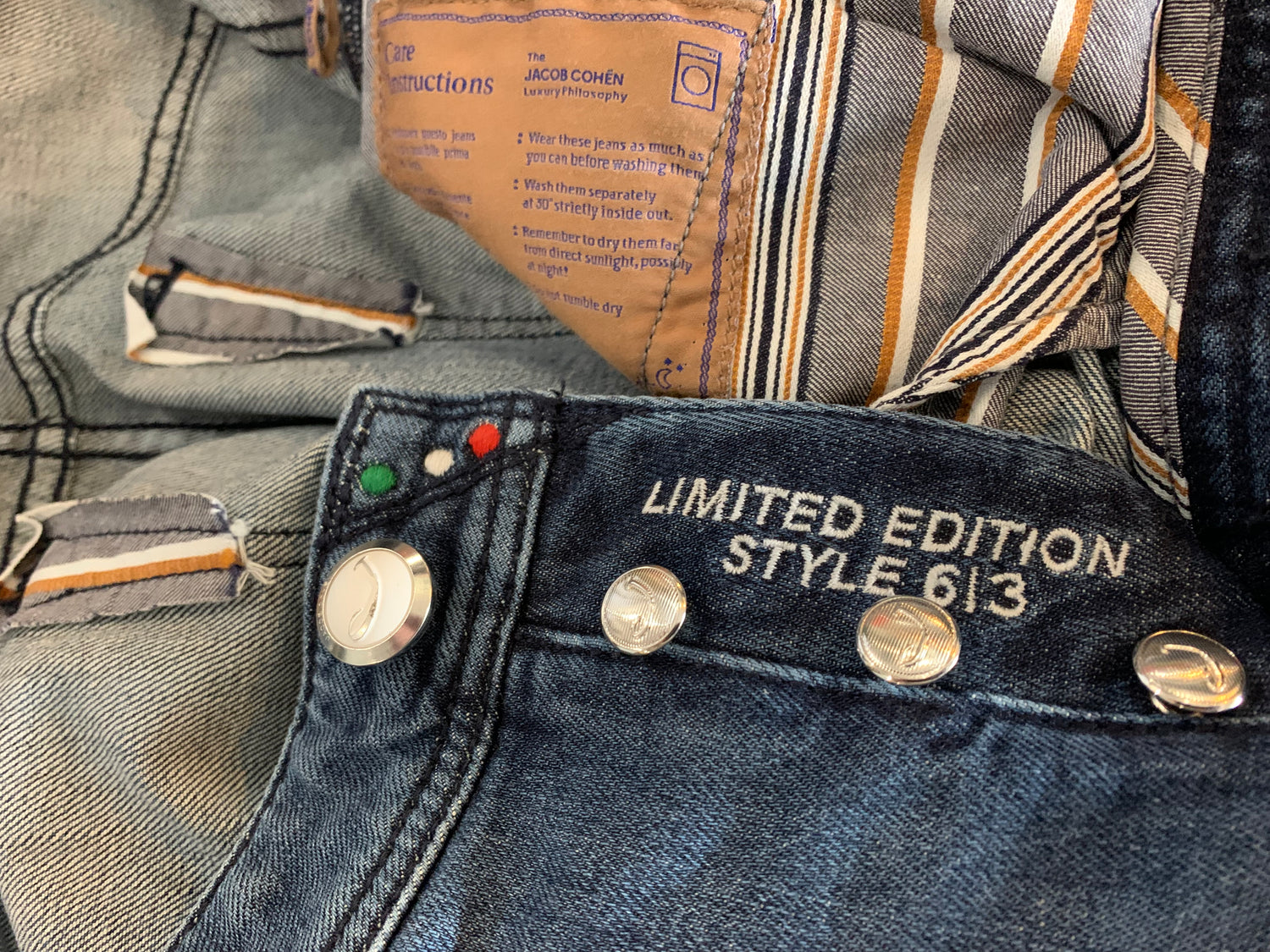
Japanese quality
The “Kurabo Standard” is the highest expression of quality. Founded in Japan, it is used across hundreds of manufacturing networks worldwide. These standards define product design concepts, fabric and yarn specifications, manufacturing processes, and quality control procedures, all of which are continuously reviewed to surpass the demands of global market trends.
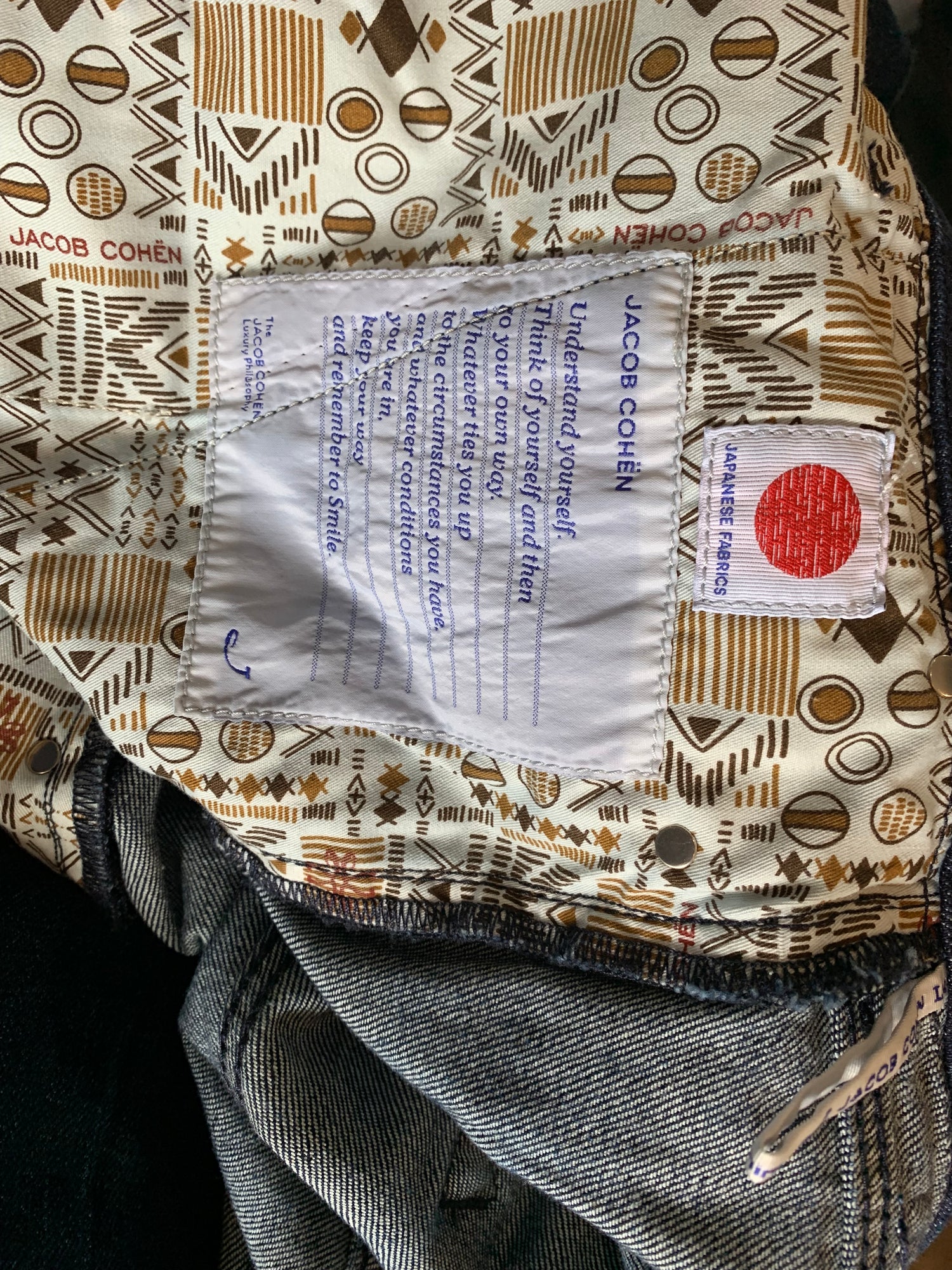
The tech
The fiber and yarn production process begins with carefully selected cotton imported from various parts of the world. Nearly half a century before they began denim production, spinning technology did not exist that could produce yarn with perfectly uniform thickness — every yarn inevitably had thicker and thinner parts. This became the highly sought-after natural vintage look in denim.
After years of troubleshooting and development, Kurabo introduced the “MR” yarn, which recreates the natural, non-geometric shape and thickness. It is very difficult to produce this naturally uneven yarn, as modern spinning equipment is specialized in producing uniform threads. But after years of passionate research and advanced spinning technology, Kurabo successfully reproduced the vintage-like look of the original yarns.
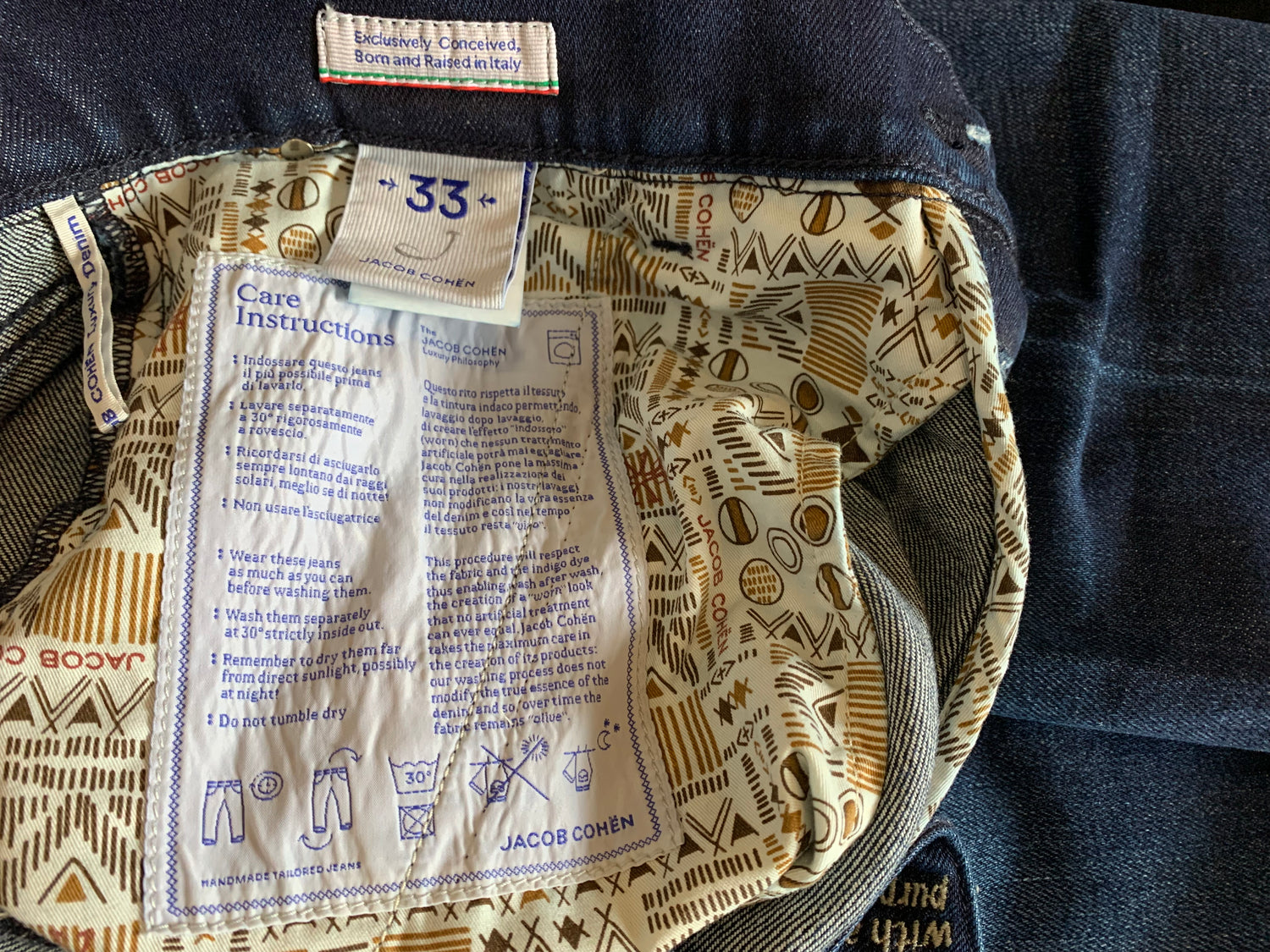
Dyeing and weaving
The fibers and yarns are twisted into ropes and soaked in indigo dye. Repeating the process multiple times changes the intensity and depth of color. Kurabo’s world-class dyeing techniques stem from their extensive knowledge and love of indigo. They have developed dyeing equipment that produces brilliant, unparalleled colors, in high demand worldwide.
Traditional yarns and indigo yarns are woven into fabrics. To produce different types of denim fabric, Kurabo uses a wide range of looms — from traditional versions to high-speed models.
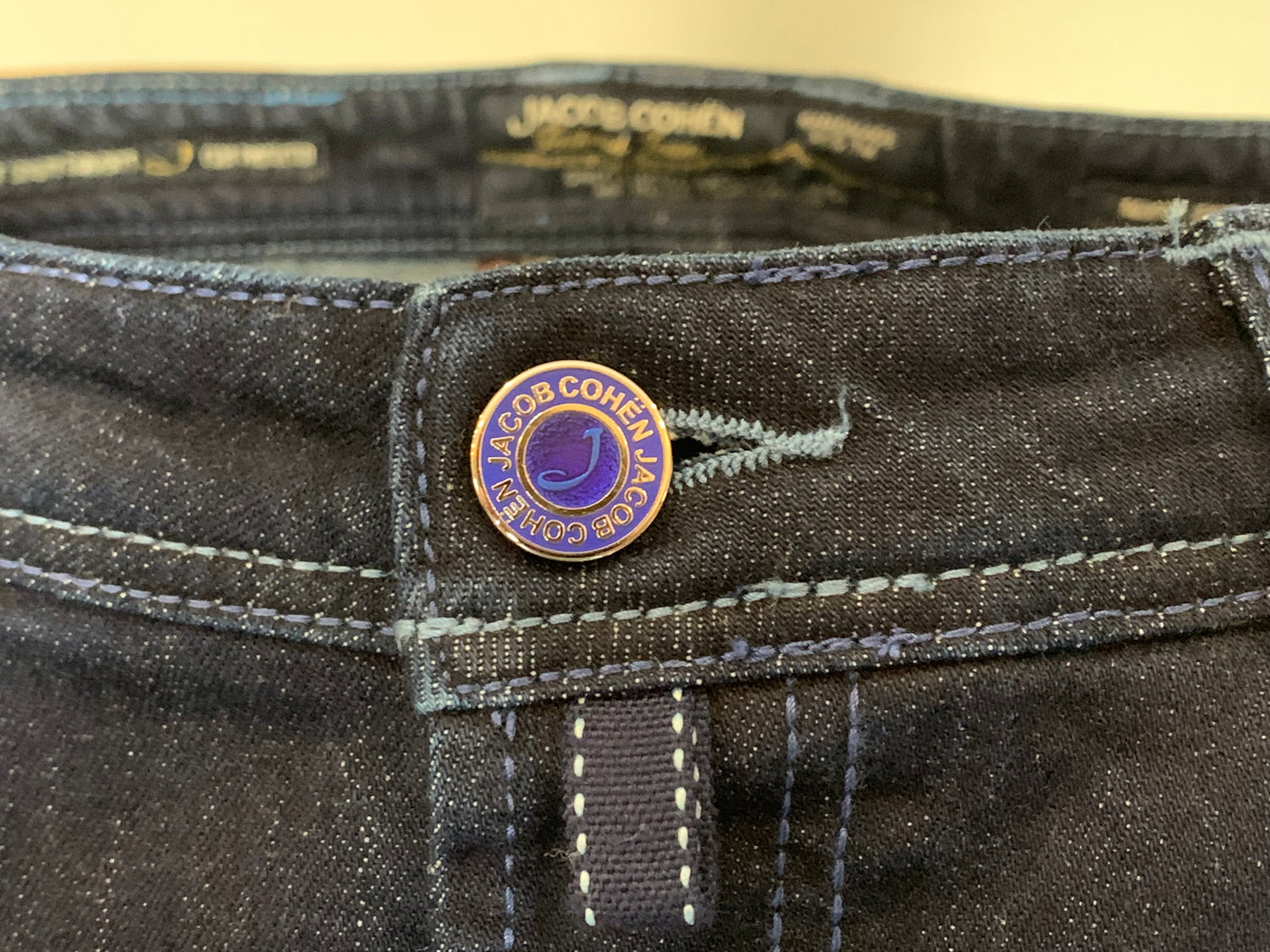
How does it become trousers?
As the final process, pre-shrinking locks the cotton fibers, smooths the surface, and reduces further shrinking and twisting.
Specializing in various finishing techniques — from standard sizing to adding textures, color retention, and coatings — Kurabo offers an incredibly wide variety of finishing capabilities, responding to trends and meeting the needs of clients worldwide.
Image sources: Official Kurabo website. Image ownership: Kurabo; in the case of the Destine logo, Destine.
